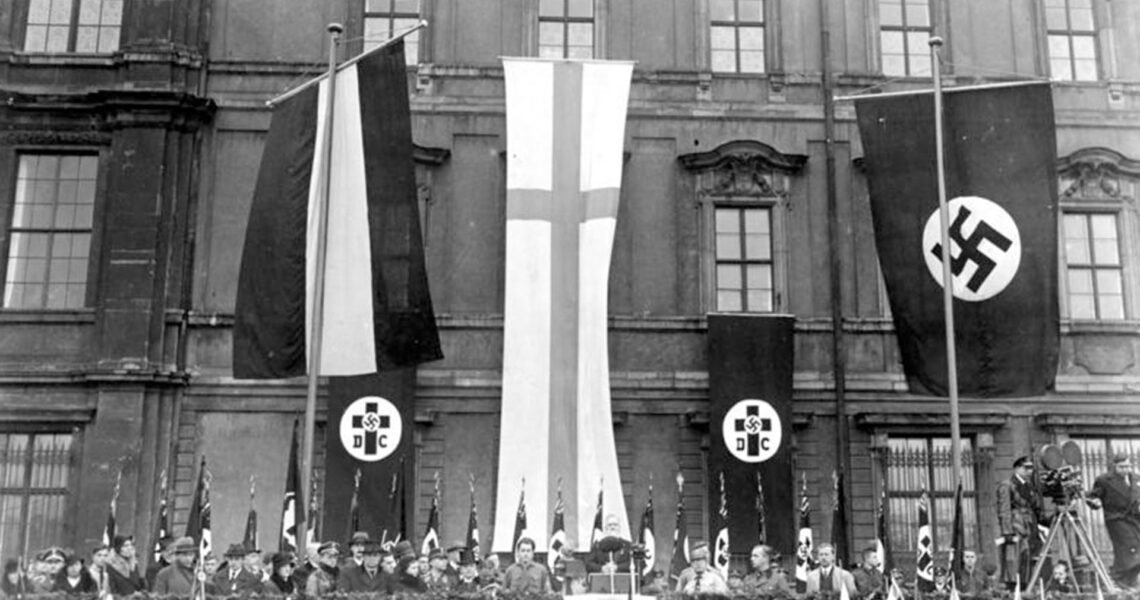
Christian Nationalism in NAZI Germany
On March 5 1922 at the Reichstag, Hitler made a speech. In part, he said:
“The national regime seeks in both Christian confessions the factors most important for the maintenance of our folkdom…. The national regime will concede and safeguard to the Christian confessions the influence due them, in school and education. It is concerned with the sincere cooperation of church and state. The struggle against a materialistic philosophy for the creation of a true folk community serves the interests of the German nation as well as our Christian belief.”
The following month he delivered a speech at Munich, which contained this sentiment:
“I say: my feeling as a Christian points me to my Lord and Saviour as a fighter… In boundless love as a Christian and as a man I read through that passage which tells us how the Lord at last rose in His might and seized the scourge to drive out of the Temple the brood of vipers and of adders… As a Christian I have not duty to allow myself be cheated, but I have the duty to be a fighter for truth and justice… For as a Christian I have also a duty to my own people. And when I look on my people I see it work and work and toil and labor, and at the end of the week it has only for its wage wretchedness and misery.”
Many of Hitler’s speeches throughout his regime were designed to stroke the Christian populace with finesse, while also expressing disdain for the Jews. Hitler viewed Christianity through a political lens. He was not a practicing Christian, yet he successfully deceived millions of German Christians. His frequent use of the term “positive Christianity” was strategic political manipulation.
Germany’s population totaled about 60 million at the time. About 40m were Protestant, and about 20m were Catholic. Less than 1% were Jews and other religions. It would have been pretty obvious to Hitler that he would need to carefully woo the masses to embrace his ideology. His efforts were successful.
The Deutsche Christen, a Christian Nationalist movement, began gaining momentum in 1931. The organizers even designed a symbolic flag, which they proudly waved at NAZI rallies. See it below. Also see it in the featured image at the top of the page, which depicts German Christians celebrating Luther-Day in Berlin on November 10, 1933. Bishop Hossenfelder made a pro-NAZI speech at that celebration.
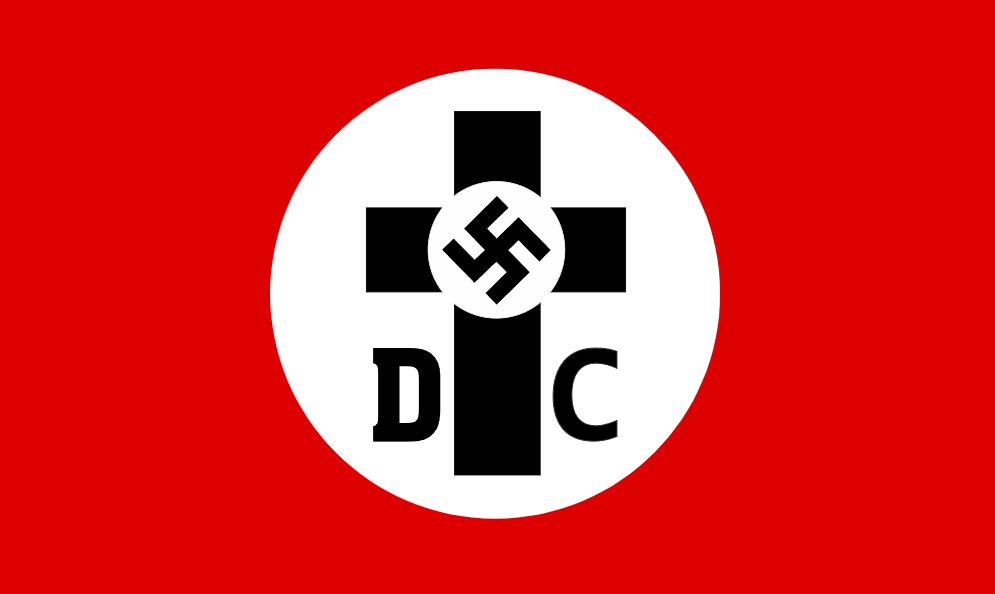
Three days later, the pro-NAZI Glaubensbewegung Deutsche Christen held a major conference at the Berlin Sportpalast. The US government was apprised of this alarming event by the German Ambassador. Churches had already been experiencing a division between pro-NAZI and anti-NAZI positions; now they began ripping assunder.
The below photograph was taken at the Sportpalast conference. The banner in the background states: “The German Christian reads The Gospel in the Third Reich“. Click the image to see the full size.
Until the end of his reign, many of the high officials Hitler surrounded himself with were avowed Christians.
Ministers extolled Hitler from the pulpit, declaring he had been sent by God to save the German people. Some churches even hung a portrait of Hitler next to the depiction of the crucified Christ. Congregations not only sang the traditional hymns, but also Horst Wessel, the official NAZI anthem. Antisemitism permeated the Deutsche Christen.
In 1934, the Theological Declaration of Barmen was written by a group of anti-NAZI pastors. Churches came forward to sign it. The Nazi regime responded by confiscating church funds and arresting hundreds of pastors.
Then came the Allied invasion, Hitler’s suicide, and the Deutsche Christen movement came crashing down. But some interesting developments were yet to come…
During the Nuremberg trials, a massive number of documents surfaced detailing Hitler’s plans to systematically exterminate Christianity. He had enlisted the aid of such top officials as his propaganda chief Joseph Goebbels, as well as Hitler Youth leader Baldur von Schirach. The plan was to implement a gradual re-indoctrination of the churches from within.
Fortunately, Hitler never realized this goal, although he left behind a lasting legacy of spiritual devastation.
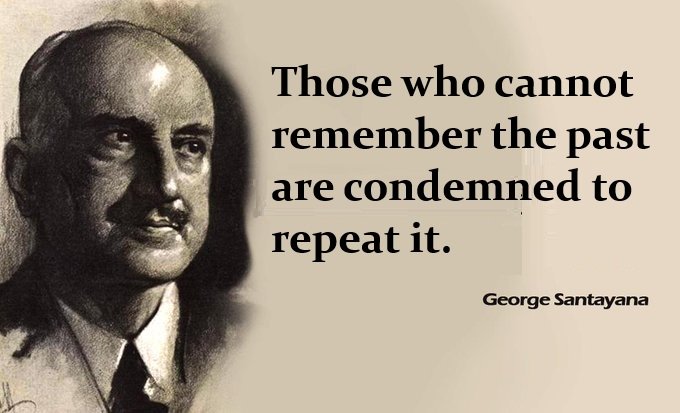




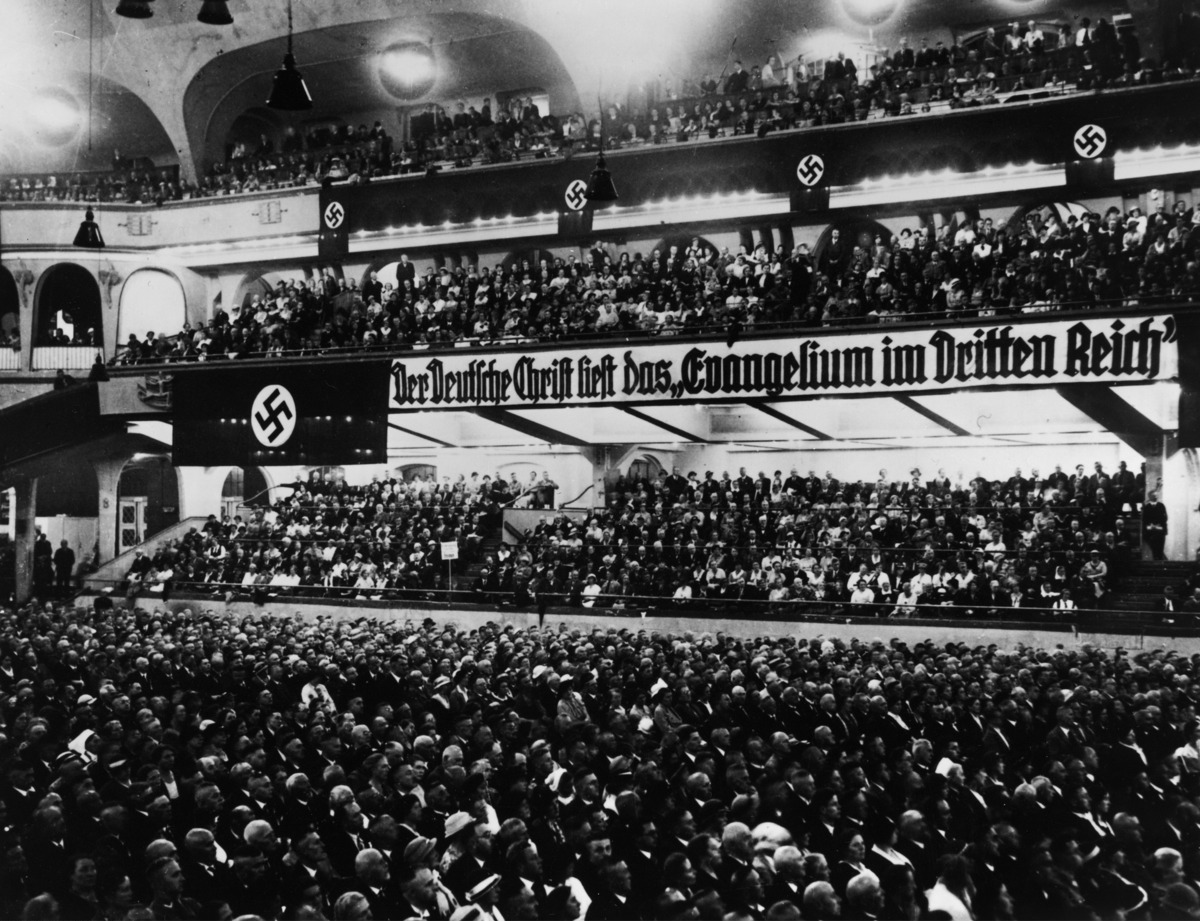


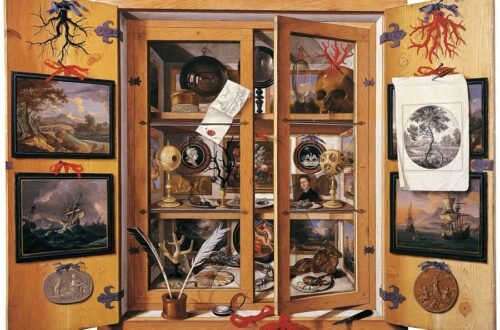
2 Comments
Marek Kovařík
Good overview — clear and worrying. Do you have sources for the quotes and the photos, or links to archives where they can be checked? Also curious if there are studies on how church membership numbers shifted during the 1930s.
Cathy Zeiler
Sorry, I didn’t save the links because I found so many of them! I found the information at university, academic and museum websites. There is so much information out there, I had to pare it down to just a few key points.